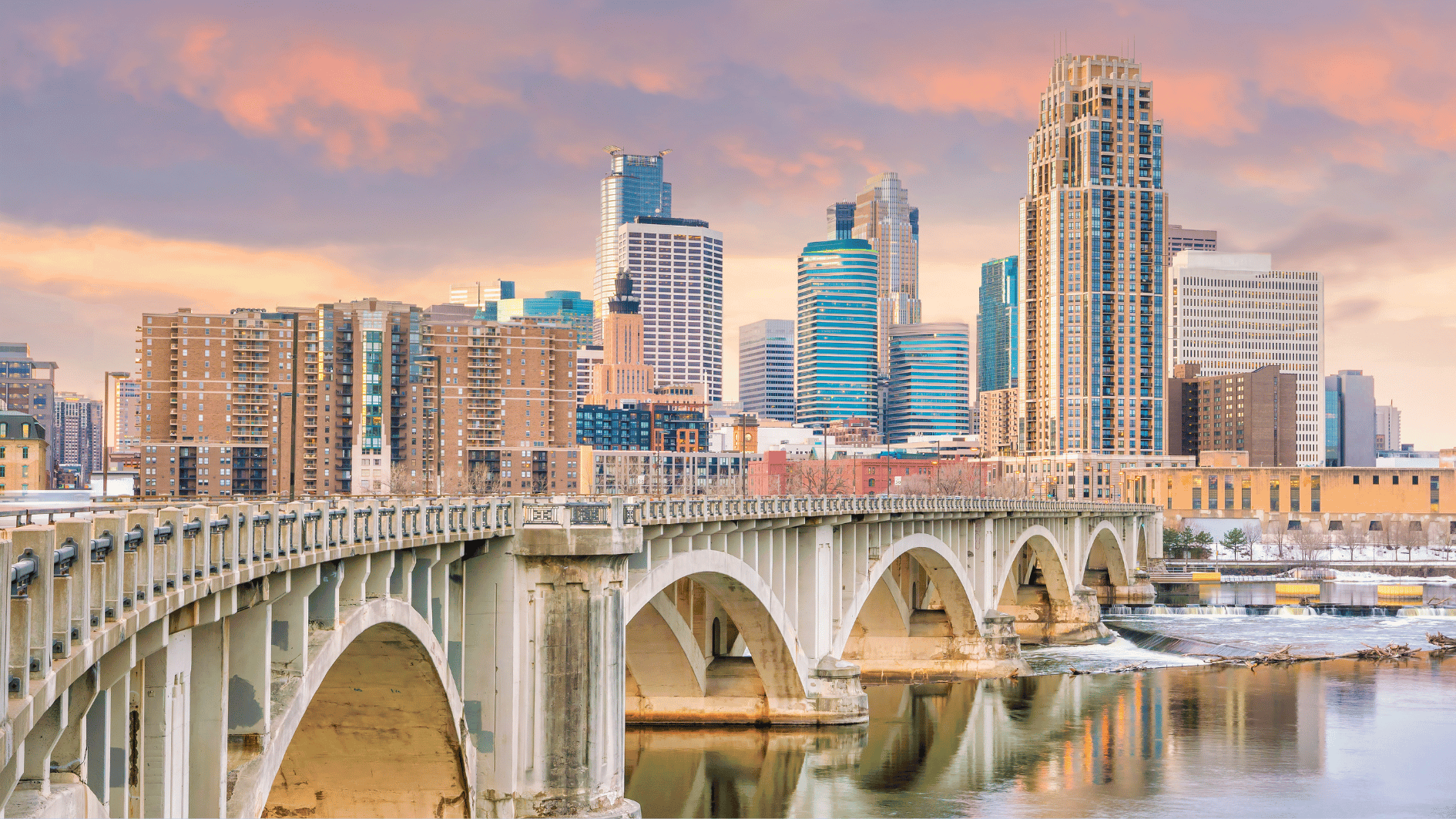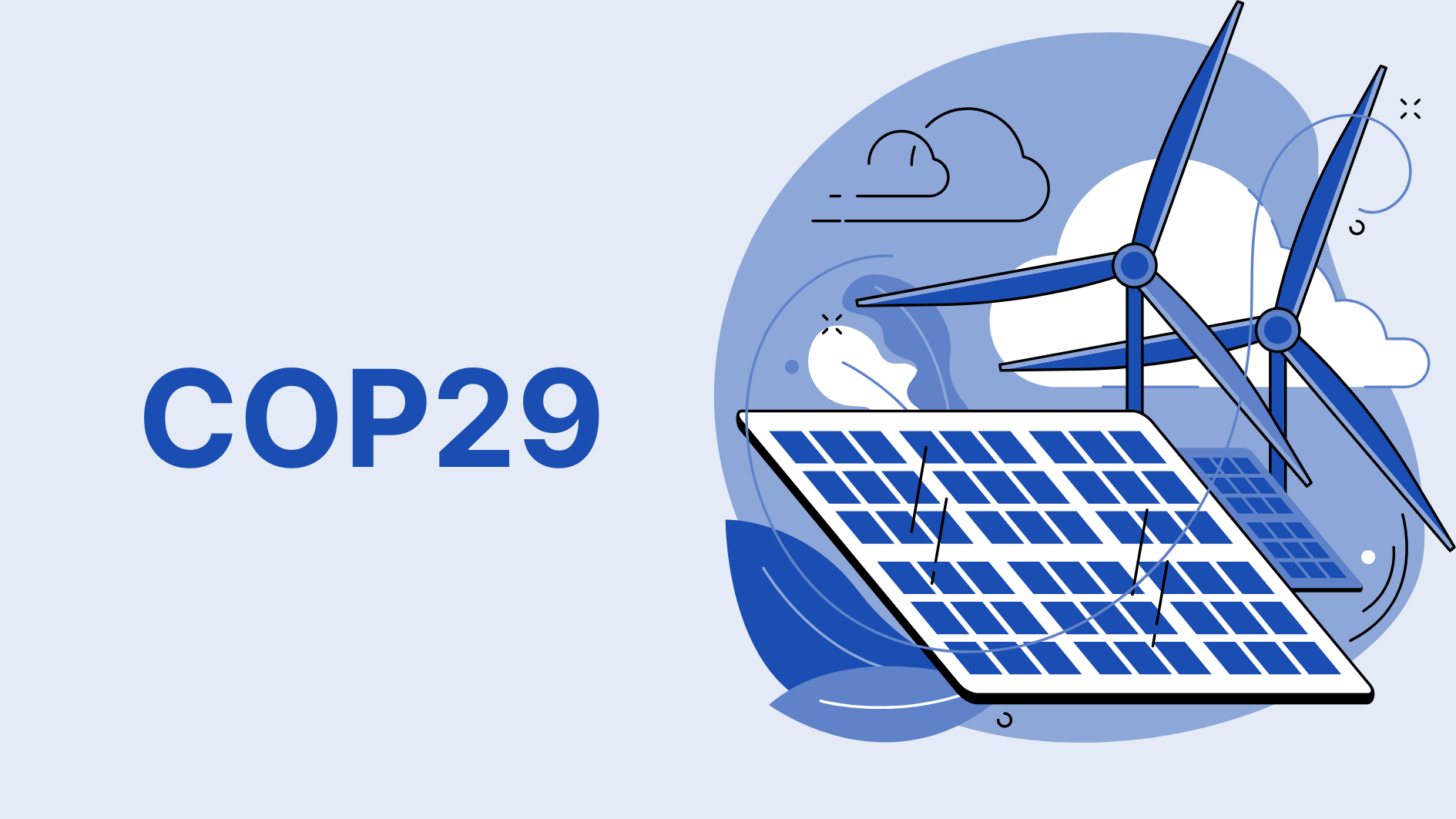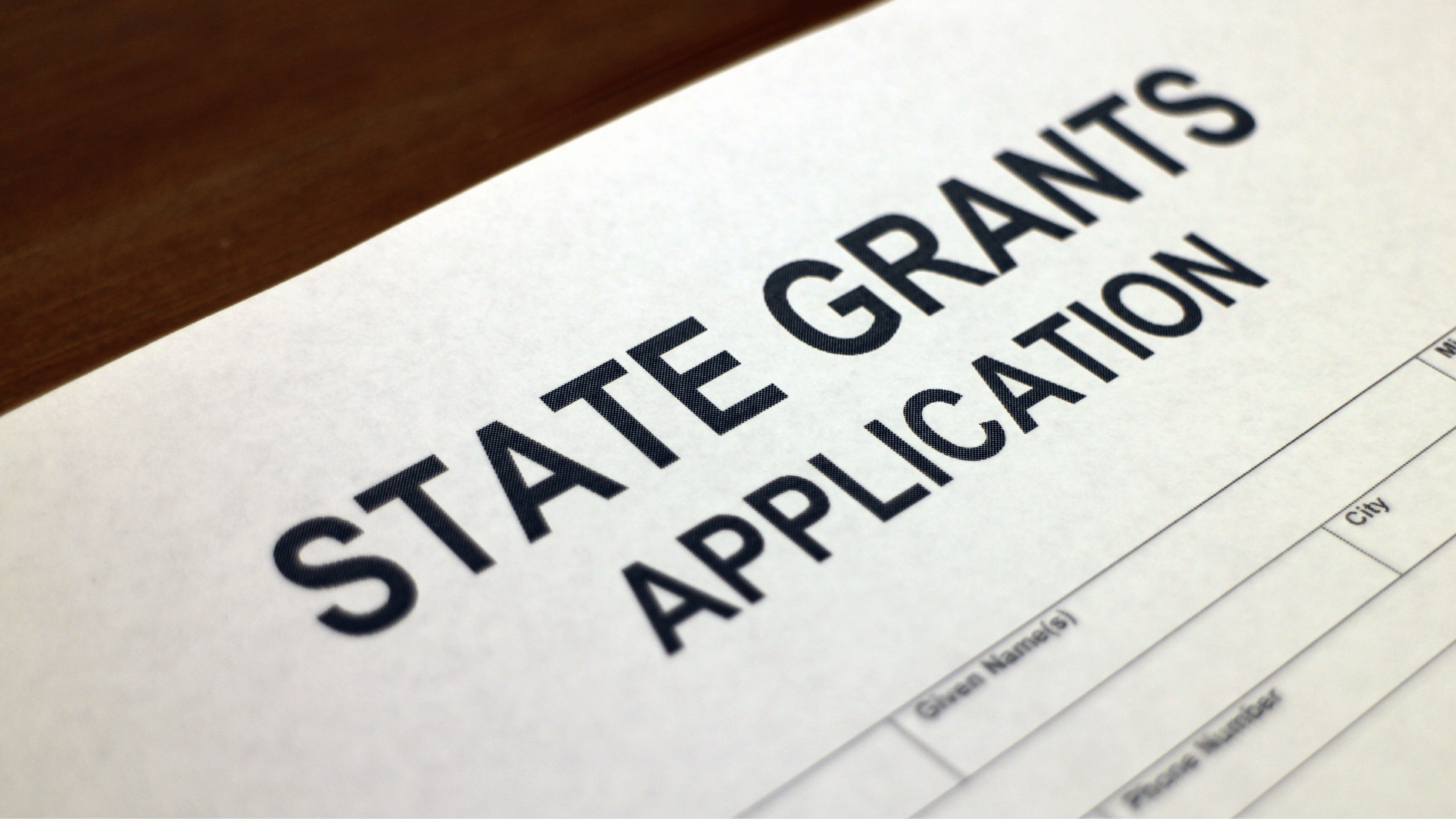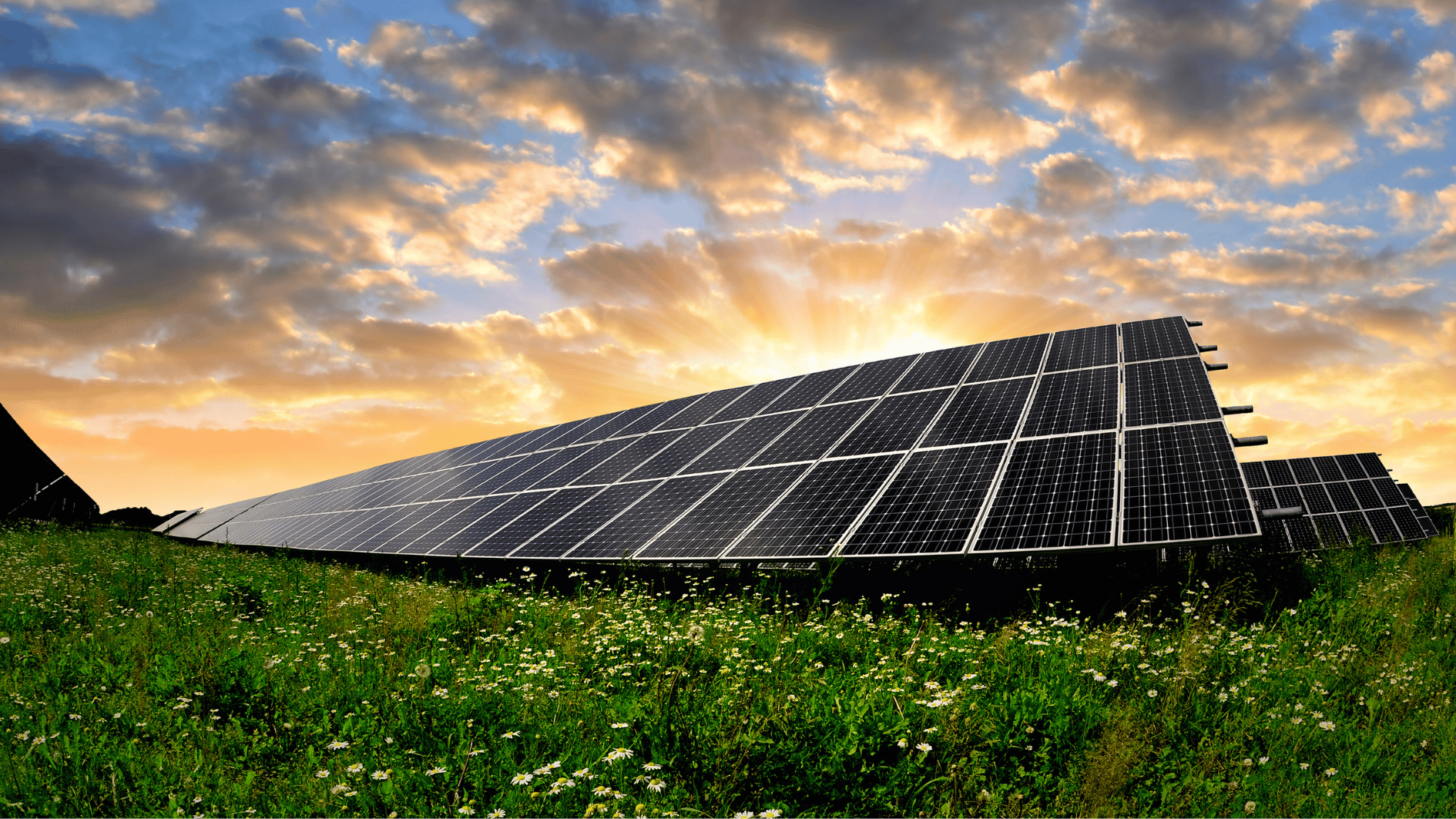Image source: Canva.com
As the clean energy industry expands rapidly to address climate challenges, two groups in Minneapolis are working to ensure that underserved communities are not left behind. Minneapolis Climate Action (MCA) and Renewable Energy Partners have joined forces to establish the Regional Apprenticeship Training Center in north Minneapolis. This center is designed to provide free workforce training in clean energy, making renewable energy more accessible to marginalized communities.
Located on Plymouth Avenue, one of the state’s busiest bus routes, the center aims to help residents from disenfranchised backgrounds transition into clean energy careers. Akisha Everett, MCA’s executive director, emphasized the significance of the training center. “It’s meant to enable people in the neighborhood, people from disenfranchised communities, to be trained in clean energy industries—industries that we’ve historically been left out of,” Everett said.
MCA, previously known as Linden Hills Power of Light, was originally focused on recycling and carbon reduction. Now under Everett’s leadership, the group is centered on north Minneapolis, working in collaboration with Renewable Energy Partners, founded by Jamez Staples. Everett, a local resident, left her role at the University of Minnesota’s Institute on the Environment to spearhead this project.
“I knew I needed to be back here to help with this energy transition for this demographic of people,” she said, adding that having a representative who understands the community can help open doors for those who might not otherwise access this growing industry.
The partnership’s approach has two key components: increasing the use of clean energy and providing accessible training for the workforce. Together, they’ve developed community solar gardens at locations like EMERGE recycling center and Minneapolis North Community High School. These projects prioritize low- and moderate-income residents, allowing them to subscribe to renewable energy and receive discounted energy bills. Everett described it as a win-win, especially as climate change continues to worsen.
“People can feel like they’re doing their part as we’re transitioning, and we are coming around this energy transition whether we want to or not,” she said, noting the increased frequency of extreme weather events like hurricanes and flooding.

Minnesota solar rebate extension gives installers longer runway to reach lower-income customers
The second part of their initiative focuses on workforce development. The training center offers a 12-week solar installation course, a building science course for energy-efficient home improvements, an HVAC lab, and construction method courses. Additionally, the center hosts a K-12 STEM program that engages students in robotics, drone operation, and 3D printing.
Shubha Harris, an equitable energy policy consultant with Fresh Energy, praised the training center’s accessibility, saying it ensures north Minneapolis residents can benefit from the clean energy transition. “Having workers that can do that work in their own communities benefits those workers and benefits the community simultaneously,” she noted.
Minnesota’s government has also committed to supporting this transition. In 2023, the state passed a historic energy budget that includes a law mandating carbon-free electricity statewide by 2040 and nearly $250 million in funding for clean energy jobs and climate change mitigation.
As renewable energy continues to attract trillions of dollars in investment, Harris emphasized the importance of funneling funds equitably. “We have the opportunity to maybe close the gap a little if we can funnel the money more equitably and more broadly,” she said. This would ensure that the benefits of the clean energy transition reach diverse communities and businesses that have historically been left out of economic opportunities.
The Regional Apprenticeship Training Center stands as a critical initiative to make clean energy and economic empowerment accessible to all in Minneapolis, paving the way for a more inclusive future in the renewable energy sector.
Source: Renewable Energy World





